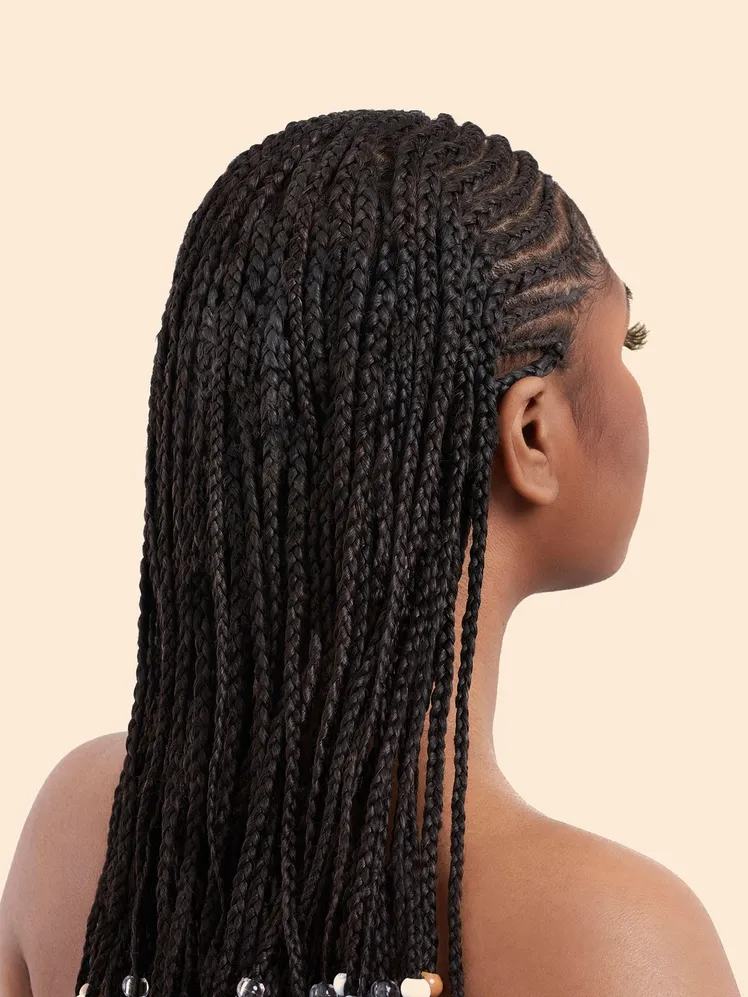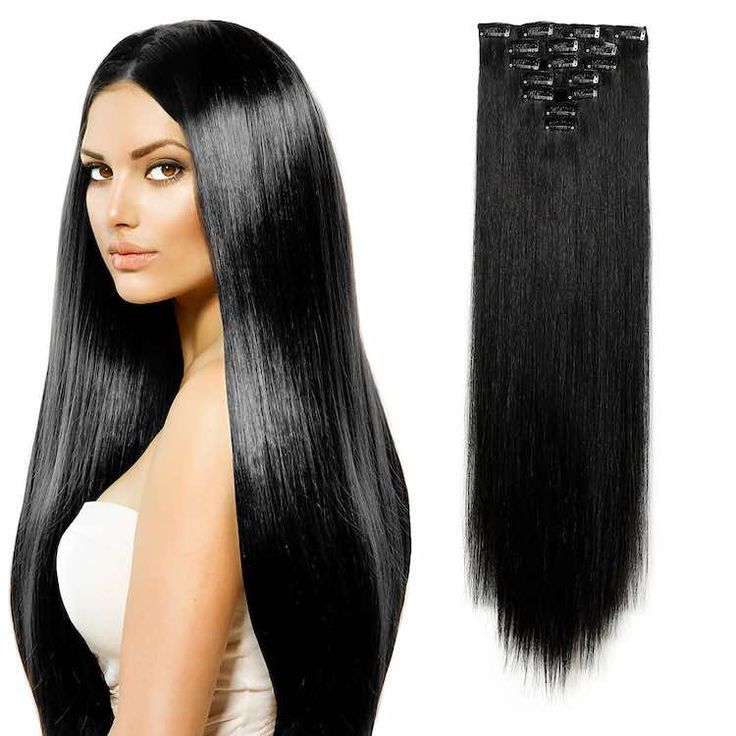
Introduction
Allergy to synthetic hair – For individuals who have allergic reactions to synthetic hair, finding suitable alternative wig options is essential for maintaining a comfortable and stylish appearance. Allergic reactions to synthetic hair can manifest as skin irritation, itching, redness, or even more severe symptoms, making it important to explore alternative materials and construction methods for wigs. Here are some alternative wig options for individuals with synthetic hair allergies:
1. Human Hair Wigs:
Human hair wigs are an excellent alternative for individuals with synthetic hair allergies. These wigs are made from 100% real human hair, offering a natural look, feel, and texture that closely resembles the wearer’s own hair. Human hair wigs are highly versatile and can be styled, colored, and treated just like natural hair, providing individuals with the flexibility to customize their wig according to their preferences. Additionally, human hair wigs are breathable, lightweight, and comfortable to wear, making them an ideal choice for those with sensitive skin or allergic reactions to synthetic materials.
2. Silk Wigs:
Silk wigs are another alternative for individuals with synthetic hair allergies. These wigs are constructed using silk fibers, which are known for their softness, smooth texture, and hypoallergenic properties. Silk wigs offer a luxurious and comfortable fit while minimizing skin irritation and allergic reactions. The breathable nature of silk also provides adequate ventilation for the scalp, reducing the risk of discomfort or itching commonly associated with synthetic wigs.
3. Lace Wigs:
Lace wigs, particularly those made with high-quality lace materials, can be a suitable option for individuals with synthetic hair allergies. These wigs feature a delicate lace cap construction that closely mimics the natural scalp, offering a seamless and realistic appearance. Lace wigs are designed to be lightweight, breathable, and gentle on the skin, making them a preferred choice for individuals seeking an alternative to synthetic hair wigs. The lace material allows for superior ventilation and comfort, reducing the likelihood of allergic reactions and skin sensitivity.
4. Bamboo Fiber Wigs
Bamboo fiber wigs are emerging as a popular alternative for individuals with sensitive skin or allergic reactions to synthetic hair. B is prized for its hypoallergenic and antibacterial properties, making it an excellent choice for individuals seeking a natural and eco-friendly wig option. Bamboo fiber wigs are soft, lightweight, and breathable, providing a comfortable and irritation-free wearing experience. Additionally, bamboo fiber is known for its moisture-wicking capabilities, helping to maintain a dry and healthy scalp environment.
5. Custom-Made Wigs:
For individuals with specific allergy concerns, custom-made wigs offer a personalized solution tailored to their unique needs. Custom wigs can be crafted using natural, hypoallergenic materials such as organic cotton, hemp, or other plant-based fibers to ensure compatibility with the wearer’s skin. By working with a skilled wig maker or stylist, individuals can design a custom wig that meets their aesthetic preferences while addressing their allergy-related challenges.

6. Alpaca Hair Wigs:
Alpaca hair wigs offer a luxurious and hypoallergenic alternative for individuals with synthetic hair allergies. It is exceptionally soft, lightweight, and gentle on the skin, making it an ideal choice for those prone to allergic reactions. Alpaca hair wigs provide a natural sheen and texture that closely resembles human hair, allowing wearers to enjoy a realistic and comfortable wig-wearing experience. Additionally, alpaca fiber is naturally moisture-wicking and temperature-regulating, contributing to scalp comfort and overall well-being.
7. Cashmere Wigs:
Cashmere wigs represent an opulent and allergy-friendly option for individuals seeking an alternative to synthetic hair wigs. Known for its unmatched softness and insulation properties, cashmere fiber offers a gentle and non-irritating solution for individuals with sensitive skin or synthetic hair allergies. A luxurious feel and natural luster, while the breathable nature of cashmere fiber ensures optimal comfort and minimal skin irritation.

8. Linen Fiber Wigs:
Linen fiber wigs are gaining traction as a breathable and hypoallergenic alternative for individuals with sensitivities to synthetic materials.
This is prized for its durability, moisture-wicking capabilities, and antimicrobial properties,
making it an excellent choice for individuals seeking a natural and comfortable wig option.
It offer a lightweight and airy feel, allowing for enhanced airflow and reduced scalp perspiration,
thereby mitigating the risk of allergic reactions or discomfort.
9. Wig Caps with Organic Cotton Lining:
For individuals who prefer to wear synthetic wigs but experience allergic reactions,
using wig caps with organic cotton lining can provide a protective barrier between the scalp and the wig material.
Organic cotton is free from harsh chemicals and dyes, making it a gentle and skin-friendly option for individuals with sensitivities.
By wearing a wig cap with organic cotton lining, individuals can create a more comfortable
and hypoallergenic foundation for their synthetic wigs, potentially reducing skin irritation and allergic responses.
10. Consultation with Allergy Specialists:
In cases where individuals have specific allergies to synthetic materials or chemical treatments commonly used in wig production, consulting with allergy specialists or dermatologists can offer valuable insights and guidance. Allergy specialists can conduct tests to identify specific allergens and recommend suitable wig materials or customized solutions tailored to the individual’s allergy profile. By collaborating with healthcare professionals, individuals can make informed decisions regarding alternative wig options that align with their health and well-being.
11. Wool Wigs:
Wool wigs can be a cozy and natural alternative for individuals with synthetic hair allergies. It are soft, insulating, and breathable, making them a comfortable choice for wig wearers. Wool wigs provide warmth in colder climates while maintaining good airflow to the scalp, reducing the likelihood of skin irritation or allergic reactions. Additionally, wool has natural moisture-wicking properties, helping to keep the scalp dry and comfortable throughout the day.
12. Flax Fiber Wigs:’
Flax fiber wigs offer a lightweight and eco-friendly alternative for individuals seeking hypoallergenic wig options. There are derived from the flax plant and are known for their strength, breathability, and moisture-absorbing properties. Flax fiber wigs are gentle on the skin, making them suitable for those with sensitive skin or allergic reactions to synthetic materials. The natural texture of flax fiber provides a unique look and feel that can complement a variety of styles.

Conclusion
When selecting an alternative wig option for synthetic hair allergies, it’s important to consult with a qualified wig specialist
or healthcare professional to explore the most suitable choices based on individual sensitivities, lifestyle,and desired aesthetic outcomes.
By considering alternative wig materials and construction methods, individuals with synthetic hair allergies can confidently embrace a comfortable, natural-looking, and allergy-free wig-wearing experience.
By exploring these alternative wig options and considering individual preferences, sensitivities, and lifestyle factors,
individuals with synthetic hair allergies can discover a diverse range of allergy-friendly wig choices that cater to their unique needs.
Whether opting for natural hair wigs, specialty fibers, or customized solutions, the availability of alternative wig options empowers individuals to embrace their personal style while prioritizing comfort, health, and allergy management. 
